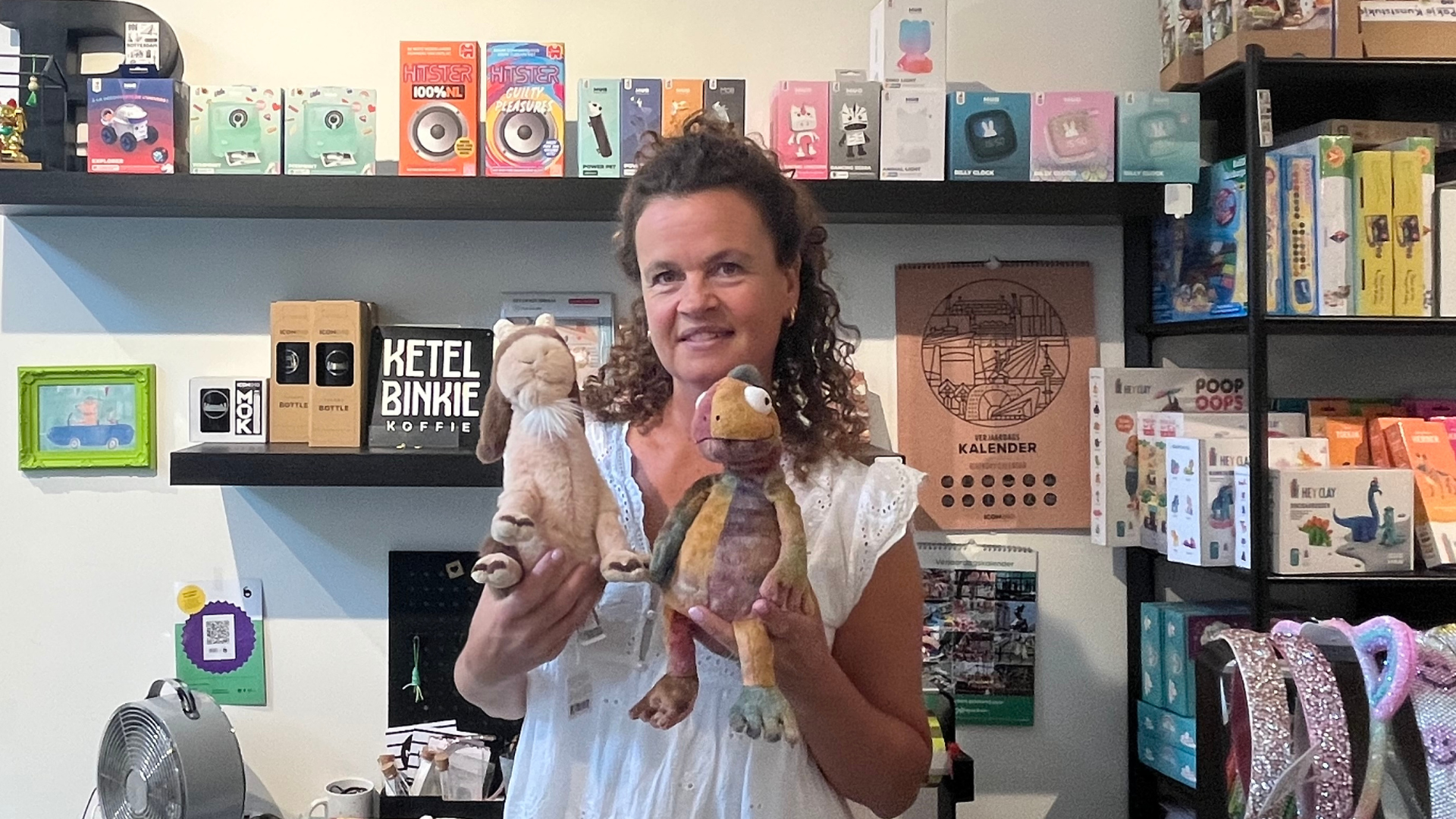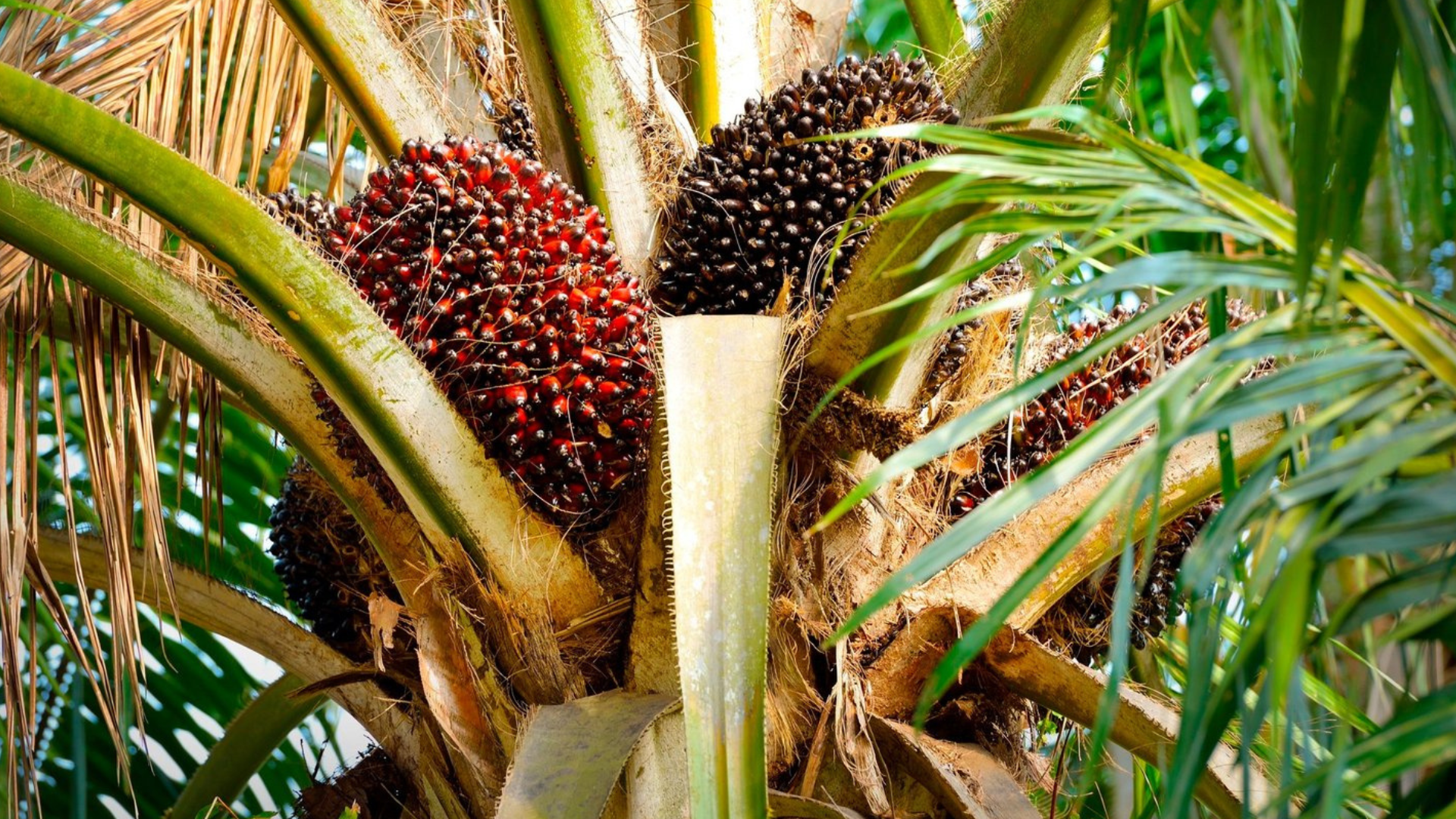We are building more sustainable communities with a small but dedicated team. In this rubric, we will introduce each member of our team to you. This week, it is time to introduce Francisco, one of the co-founders of the company.
Although you can find short introductions of our team members on the “About us” page, we thought it was about time for you to get to know us a bit better. This week, Francisco will take you along on his journey at Byewaste, sharing his vision on sustainability as well as the company.
Hi there! Who are you? Tell us something about yourself!
Hello! I am Francisco, one of the co-founders of Byewaste. I am am a chemical engineer from Ecuador.
My educational background is quite international. I got my masters degree in France and worked in R&D at TUDelft in the Netherlands. Besides that, I have won several prizes in the past (an Bayer environmental initiative and a young leadership program in Spain).
I currently live in Rotterdam with my family and love to play the piano and dance salsa in my free time.

What do you do at Byewaste?
Byewaste is a fairly new company, so there are a lot of different tasks to be handled.
Therefore, my responsibilities are quite diverse, but my main roles within the company are: planning, monitoring and reporting of the collection activities and setting specifications for new product developments.
I am also responsible for managing all the operations of the company and for maintaining relationships with the stakeholders in the circular economy sector.

How did you come up with the idea for the company?
I am a former researcher from TUDelft, I was working on developing a new technology to recover metals from the remains of waste incineration.
Even though there are great technological developments happening in Netherlands, the main bottleneck in the recycling industry is the collection. There still does not exist a smart way to separate all recyclable materials while processing the waste streams.
Therefore, we came up with the idea for Byewaste to solve this problem.
What do you like most about your job?
Developing a new innovative recycling system is exciting; seeing how an environmental idea comes to life with a well thought out business model behind is a very unique and exhilarating experience.
Working together with such a passionate team is also great, I love to interact with different shareholders in the waste sector.
And what do you like least about it?
Working at a startup means that you have a lot of flexibility and room to test and improve, but dealing with the incertitude and low budget that come with it can be challenging at times.

Why do you think that Byewaste’s mission is so important?
Scientific research has shown that waste generation is a global problem and even a serious health risk in the long term. In order to live more sustainably, it is imperative to find a way to reduce our waste and recycle more.
Of course, our daily lives are usually way too busy to invest too much time on these matters. That is why Byewaste tries to provide a convenient solution to make a positive contribution to the environment with minimal effort.
What motivates you in your job?
I like seeing the citizens’ reactions when they see the Byewaste service at work. They get rid of old electronics or textiles, knowing that everything is going to be properly handled. I imagine they feel relieved getting some extra free space at home, and having avoided a trip to the collection center.

How do you contribute to a more sustainable future in your personal life?
I have been following a vegetarian diet all my life, and I love to take my bike in order to avoid travelling by car. Also, we always make sure that we waste as little food as possible at home.
Which sustainable habit would you like to apply in your own life?
I would love to work on a proper solution to reuse organic waste from home. This is a big challenge that needs more attention.







.png)


